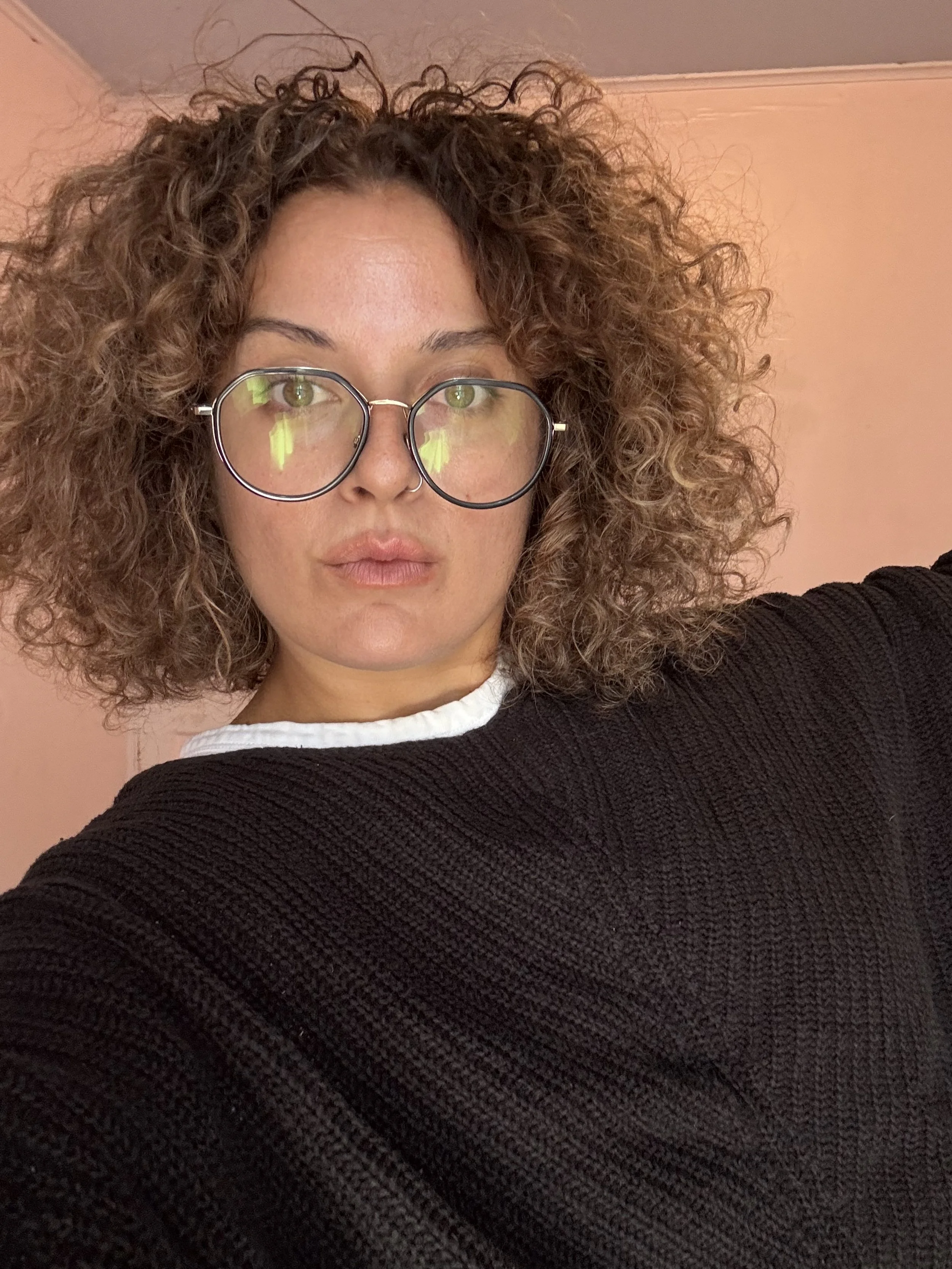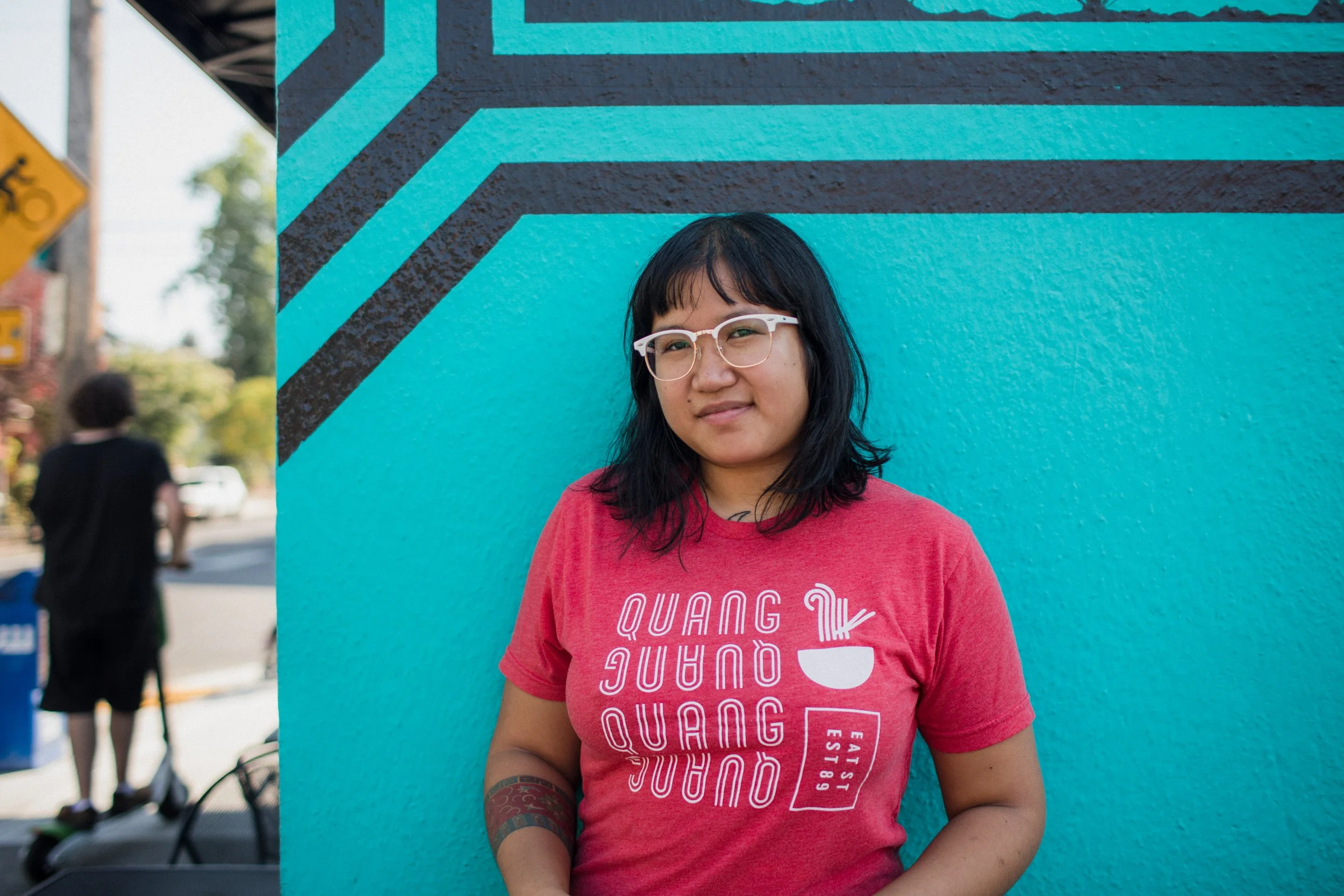Writing Food
Tuesdays: January 20 - February 10
7 - 9:30 p.m. EST
Led by ALI FRANCIS
with guest authors Ruby Tandoh, Alicia Kennedy, Tejal Rao, & Soleil Ho
$420 $370 (until December 3)
Please register with the email to which you’d like to receive class correspondence and readings.
Everyone who writes can write about food—and this course will show you how. Food writing is often seen as a niche occupied exclusively by chefs and restaurant critics. But as Anthony Bourdain wrote, "food is everything we are." Writing about food means writing about identity, politics, culture, memory, and human connection. It's a lens for understanding the world, and it belongs to every writer.
Led by Ali Francis—former Bon Appétit reporter, Best Food Blog editor, and author of the forthcoming The Curious Lives of Vegetables (Fall, 2026)—this course will expand your definition of what food writing can be. Guest sessions feature All Consuming author and New Yorker contributor Ruby Tandoh, No Meat Required author and newsletter writer Alicia Kennedy, New York Times chief restaurant critic Tejal Rao, and COYOTE Media Collective worker-owner Soleil Ho.
The ability to write evocatively about food strengthens any piece of writing, whether it's reportage, memoir, trend journalism, or fiction.
WHO THIS COURSE IS FOR:
Essayists looking to place food-related work
Journalists wanting to expand their beats
Food lovers who've never written professionally about it
Newsletter writers seeking new angles
Anyone whose work would benefit from vivid, sensory writing
WHAT YOU’LL LEARN:
Expand your understanding of food writing
Move beyond recipes and restaurant reviews to explore essays, reported features, profiles, trend stories, and oral histories that use food as a lens for culture, identity, and politics.
Master sensory, specific prose
Learn to write about food without relying on words like “delicious.” Draw inspiration from fiction and literary techniques to make your food writing vivid and engaging.
Develop concrete pitching skills
Craft compelling story pitches that editors actually want to commission. Understand what makes stories “itchy” and marketable.
Gain insider industry knowledge
Learn which food-centered publications are looking for what kinds of stories, and get real advice on breaking into the industry from working professionals.
Each class will be seminar-like in style, including a relevant craft discussion, some recommended readings, a writing prompt, a conversation with one of our guest authors, and plenty of time to ask questions. While this class doesn’t incorporate feedback, there will be opportunity for brief sharing of work—and participants will leave each class with guided activities to do on their own throughout the week.
Schedule
Jan 20: What is food writing?
Discover the full spectrum of food writing beyond recipes and reviews. We'll examine essays, reported features, profiles, trend stories, oral histories, and hybrid forms—analyzing published examples to understand what distinguishes each format and when to deploy them. All Consuming author and New Yorker contributor Ruby Tandoh will share her path to becoming a celebrated food writer, the story behind her book deal, and how she defines food writing.
Jan 27: Breaking into food writing
Getting your first food writing byline requires strategy, persistence, and knowing where to start. Ali shares her path from aspiring writer to Bon Appétit staffer—including the unglamorous early pitches, rejections, and small wins that built momentum. No Meat Required author and newsletter writer Alicia Kennedy will discuss the realities of running a successful paid newsletter and how she weaves together food, politics, and environmental justice.
Feb 3: Finding your “food” voice
Great food writing engages all the senses without relying on tired adjectives like "delicious" or "amazing." We'll study unexpected sources of inspiration and learn techniques for writing sensuously without cliché: using metaphor, borrowing from other sensory domains, and grounding abstract feelings in concrete detail. Chief restaurant critic for The New York Times Tejal Rao will reveal her process for generating story ideas and keeping food descriptions fresh after writing thousands of them.
Feb 10: Pitching editors
Even brilliant story ideas go nowhere without a strong pitch. Learn what makes a pitch “itchy”—those stories that feel timely and irresistible to editors. We’ll decode successful pitches that led to commissions in major publications and learn how to craft hooks that stand out. Soleil Ho, the former San Francisco Chronicle restaurant critic and COYOTE Media Collective worker-owner, will share their experience pitching legacy publications versus independent media and what they look for when commissioning work.
About the Instructors
Details
This course will take place on Zoom on Tuesdays from January 20 to February 10 from 7 - 9: 30 p.m. EST. Participants will receive a Zoom link prior to the course as well as a recording of the course afterward.
After you take a course with Off Assignment, you’ll be invited into our private writing community for alumni on Slack. It includes channels for publication opportunities, reading recommendations, meet-ups, and more—not to mention literary companionship that outlasts the course itself.
There is a 10% cancellation fee if you cancel your enrollment more than 1 week before the start of the course. No refund will be given if cancelling within less than a week of the course start date (or after the course has begun).
Please email courses@offassignment.com with any questions.
FAQs →
Financial Aid
The full price for this course is $420, with early bird pricing at $370 available until December 3.
A limited number of scholarships for this course are available. Please fill out this form by January 5, and we’ll get back to you within a week after the deadline.
Off Assignment’s Masters’ Series courses are unique four-session courses that delve deep into a specific writing topic by harnessing the expertise and craft tactics of a renowned writer in a particular niche, plus four celebrated authors. Participating writers gain a wealth of advanced techniques while benefiting from a cohesive community of disciplined writers.







